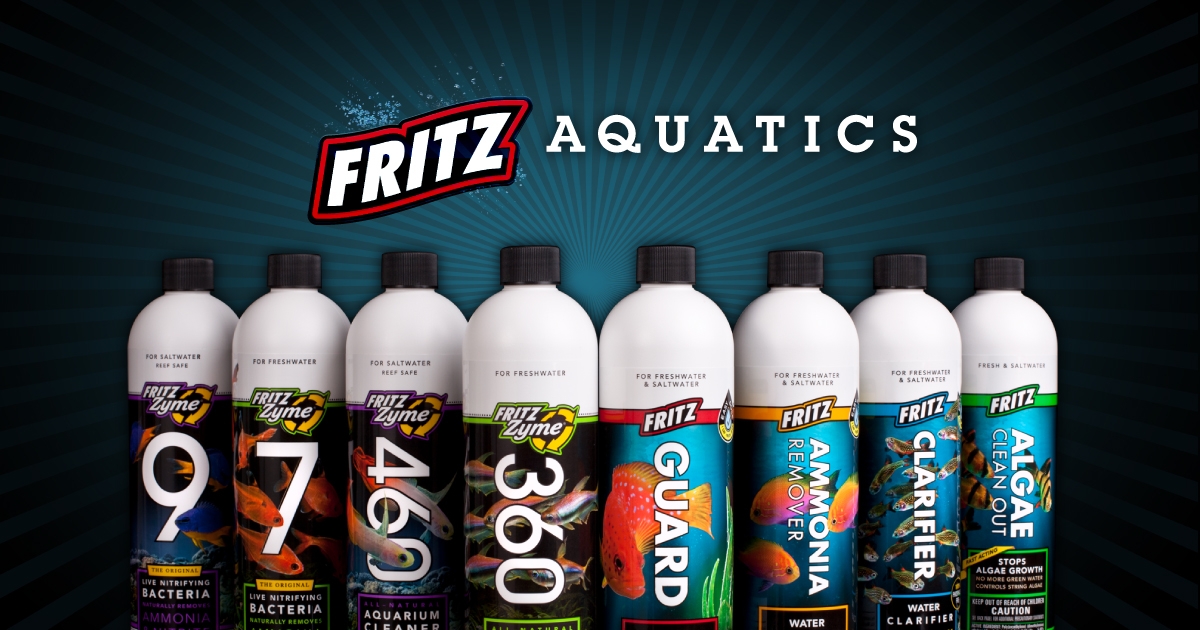To be honest, I'd get the API master kit which gives more accurate results for pH, nitrite and nitrate than strips do - and it includes ammonia which you need to know but isn't on the strips.
You don't need to buy GH and KH testers if your water provider's website gives this info. Look on there - it's a lot cheaper than buying testers.
You don't need to buy GH and KH testers if your water provider's website gives this info. Look on there - it's a lot cheaper than buying testers.



